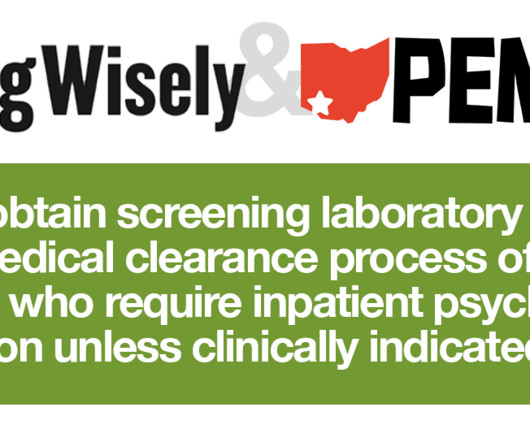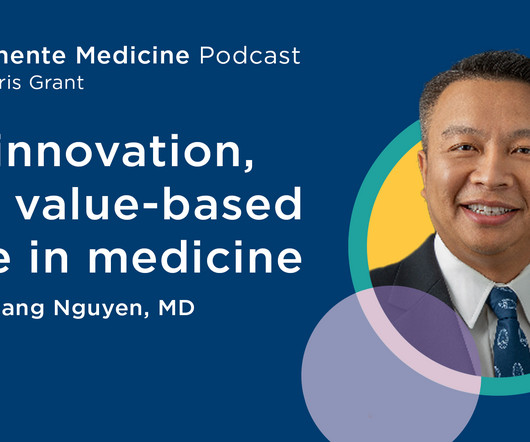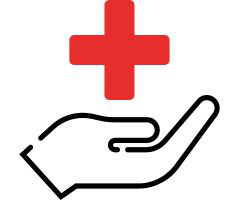You don’t need labs to medically clear a psych patient
PEMBlog
SEPTEMBER 6, 2023
When should the emergency physician obtain lab tests to medically clear such patients? These labs were not truly indicated, but it was common practice and viewed as “not a big deal.” The key differentiating points in who needs lab tests and who does not are: ‘acute-onset psychosis’ and ‘any abnormal findings on history or exam’.












Let's personalize your content